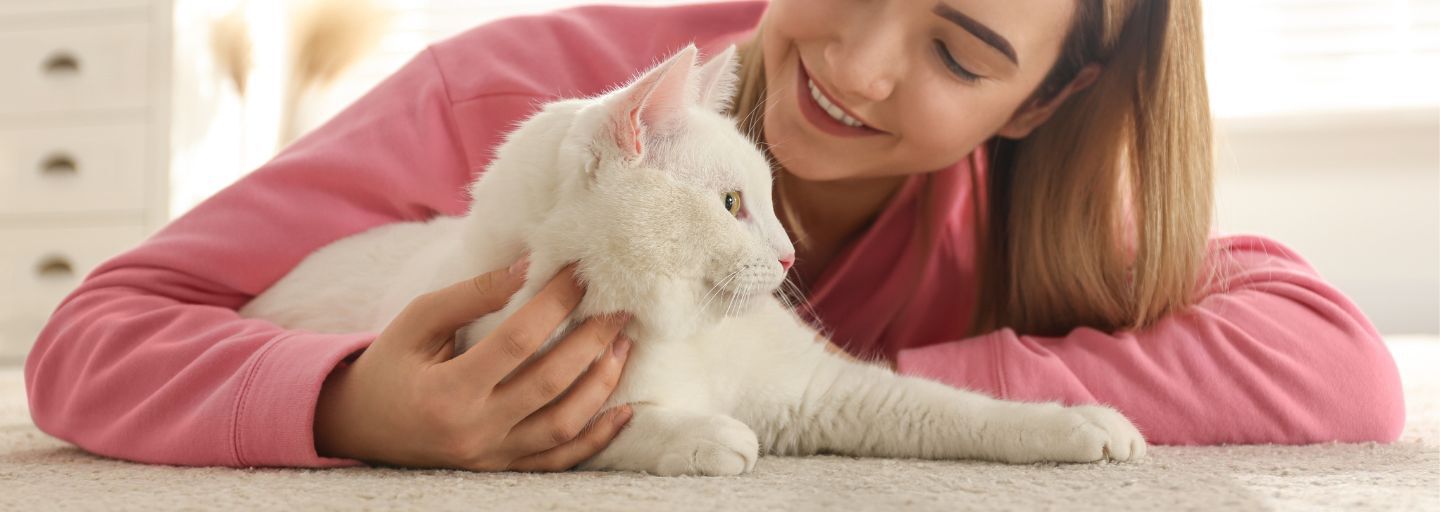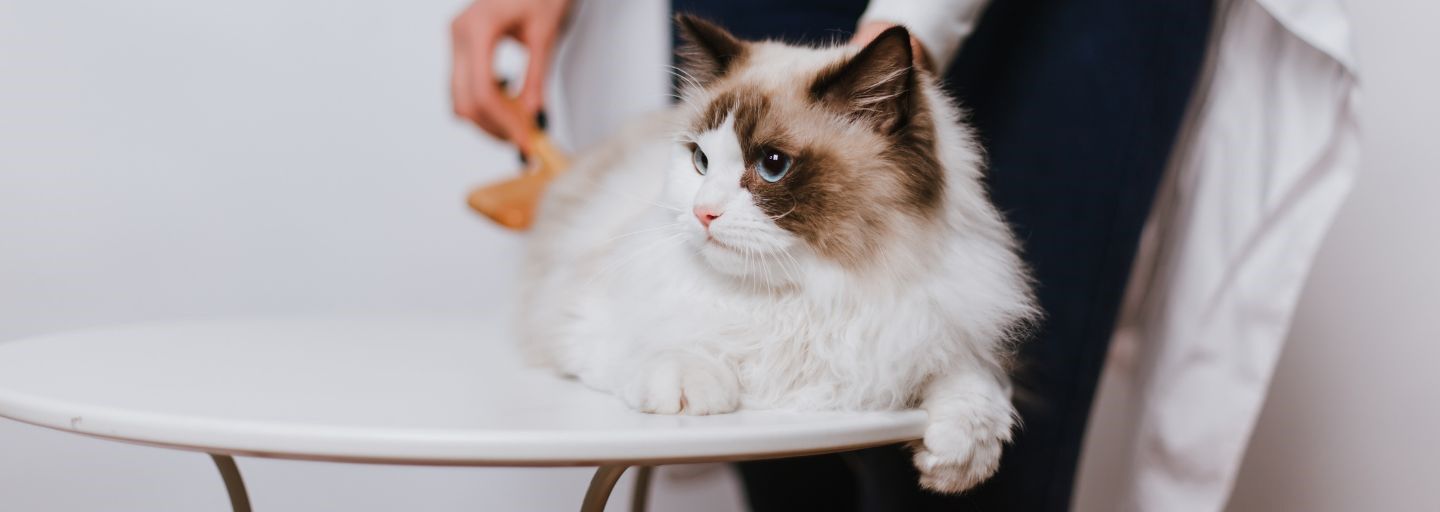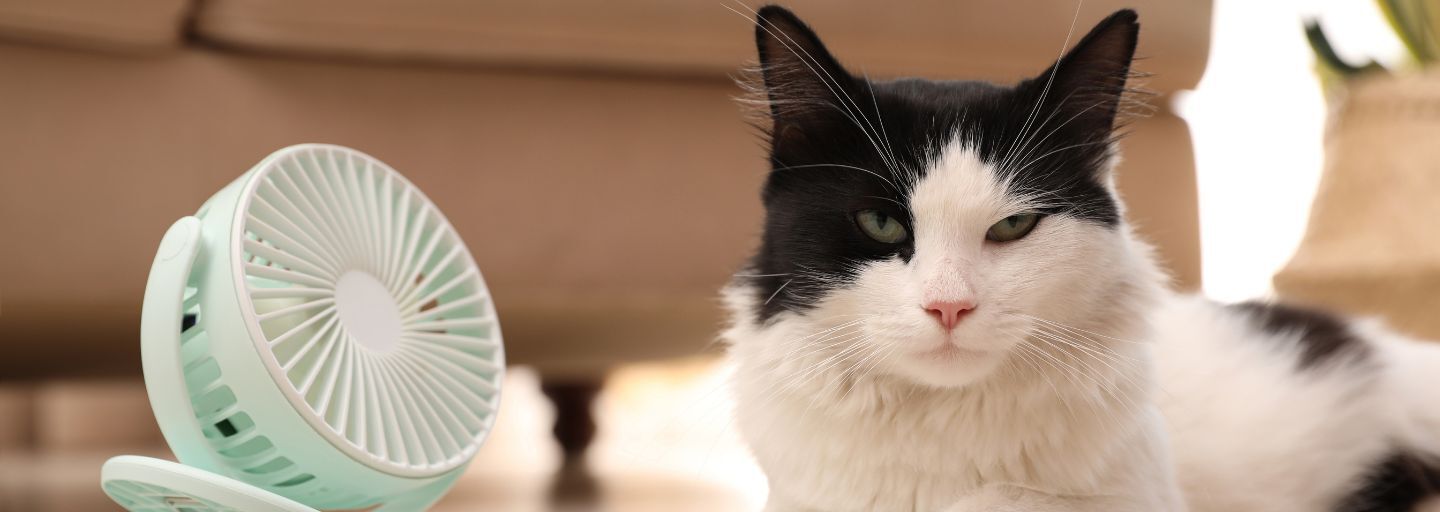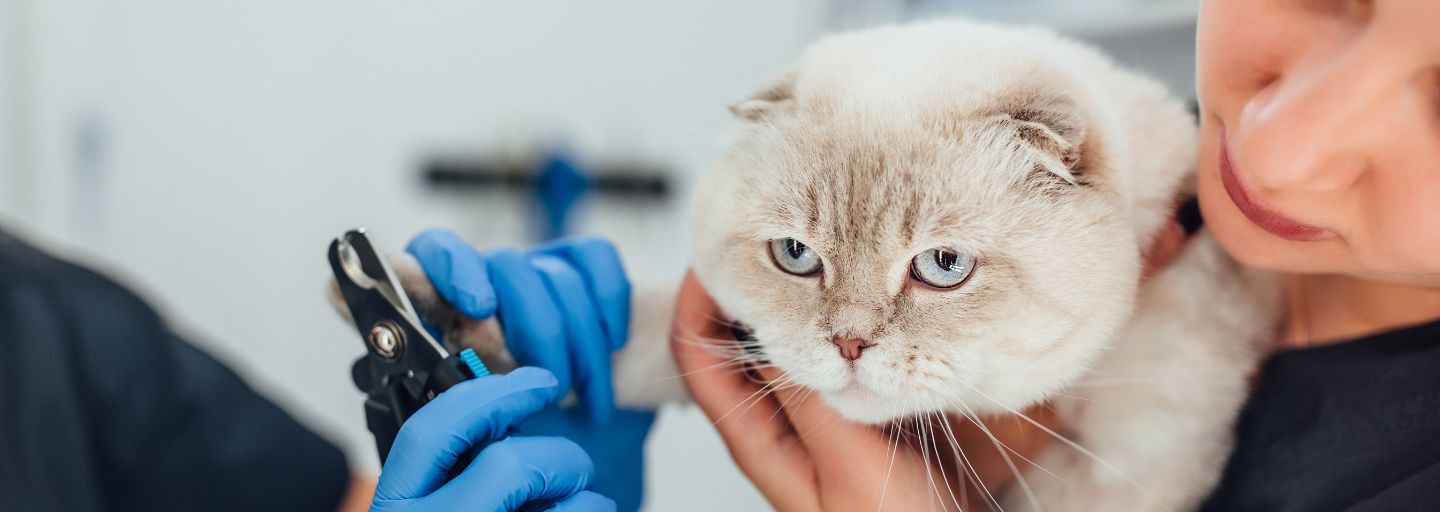It’s easy to look after an older cat and keep them happy and healthy once you know how. A cat is considered senior from around eight years of age. Just like humans, a cat will change over time. They may spend more time sleeping and less time playing. Their appetite may diminish, and their metabolism will slow down. Understanding these changes and making appropriate adjustments will ensure your senior cat's well-being.
Food for Thought
A senior cat is typically less active, so their diet will need to change accordingly. Opt for high-quality cat food that contains easily digestible protein to help maintain a good overall body condition. It's best to switch your older cat to food that is specifically formulated for seniors. Look for options that come in small, bite-sized pieces, which are easier for them to chew and digest. Soft textures like FANCY FEAST Royale Broths and FANCY FEAST Gravy Lovers varieties can be a great addition to their diet. When transitioning to a new food, mix a small amount of the new food with the old and gradually increase the proportion of the new food over time to avoid digestive upset.
At this age, it's important to keep an eye on your cat's weight. Less activity and a slower metabolism can lead to weight gain. Monitor their body condition and consult with your veterinarian to determine the appropriate portion sizes and feeding frequency for your senior cat. Your vet may recommend a specialised senior cat food that helps manage weight while providing essential nutrients.
If your cat has gone off their food, keep in mind that their sense of smell may have faded with age. To stimulate their appetite, try serving their meals at room temperature. Warming the food slightly can enhance the aroma, making it more enticing for your cat. Additionally, consider offering a variety of flavours and textures to keep mealtime interesting and appealing.
Vet Visits
Regular veterinary check-ups are crucial for senior cats. Make an appointment with your vet at least once a year for a comprehensive check-up to ensure everything is okay. Prevention is always better than cure, and early detection of any potential health issues can lead to more effective treatment and management. During these visits, your vet will assess your cat's overall health, perform necessary tests, and provide guidance on any specific care or dietary adjustments needed for your senior cat.
In addition to annual check-ups, be vigilant for any changes in your cat's behaviour, appetite, or litter box habits. If you notice anything unusual or concerning, don't hesitate to reach out to your vet for advice. Regular communication with your veterinarian will help you stay proactive in maintaining your senior cat's health and well-being.
By understanding and addressing the unique needs of your older cat, you can provide them with the care and attention they require to live a happy and healthy life in their senior years. With proper nutrition, regular veterinary care, and a loving environment, you can ensure that your senior cat enjoys their golden years to the fullest.






